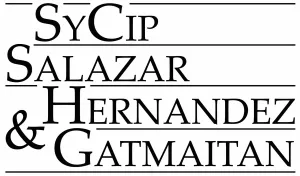1. Is a holding company considered a non-bank financial intermediary ("NBFI") liable for local business taxes imposed by a city?
Generally, no. In City of Davao v. ARC Investors, Inc., (G.R. No. 249668 (Resolution), July 13, 2022), the Supreme Court noted that while local government units ("LGU") have the power to impose local business taxes ("LBT") on the privilege of doing business within their territorial jurisdictions, this is limited to those engaged in the businesses set out in the Local Government Code ("LGC"). LGUs may impose business taxes, on banks or other financial institutions under Section 143(f) of the LGC. LBT are imposed on their gross receipts from "interest, commissions and discounts from lending activities, income from financial leasing, dividends, rentals on property and profit from exchange or sale of property, insurance premium." The Supreme Court held that in order for an entity to be considered a non-banking financial institution ("NBFI") under the LGC, applying the National Internal Revenue Code of 1997, as amended ("Tax Code") and pertinent banking laws and regulations, the following requisites must concur:
To view the full article please click here.
The content of this article is intended to provide a general guide to the subject matter. Specialist advice should be sought about your specific circumstances.

